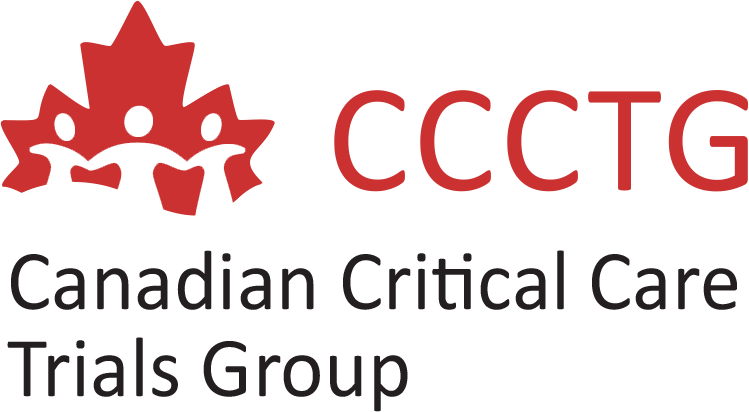NEUROlogically-impaired Extubation Timing Trial (NEURO-ETT)
Thousands of patients suffer severe brain injuries every year, from causes such as trauma, stroke, and infection. These patients are usually not fully awake and need help with their breathing and with preventing them from choking on their secretions. This is done with a breathing tube inserted through the mouth into the lungs and connected to a breathing machine. As patients recover, It is often unclear when the best time is to remove the breathing tube. Doctors might decide to remove it relatively early, or they may wait until the patient is more fully awake, or they may perform a tracheostomy (neck surgery to insert a new tube directly into the windpipe (trachea), replacing the temporary breathing tube). Each of these approaches has risks and benefits. This trial in brain-injured patients will test which of the following will lead to better patient outcomes: (1) an airway management pathway consisting of daily assessments and removal of the breathing tube as soon as patients can breathe on their own and appear able to protect their airway; versus (2) the usual treatment patients would have received if they were not enrolled in this trial.
